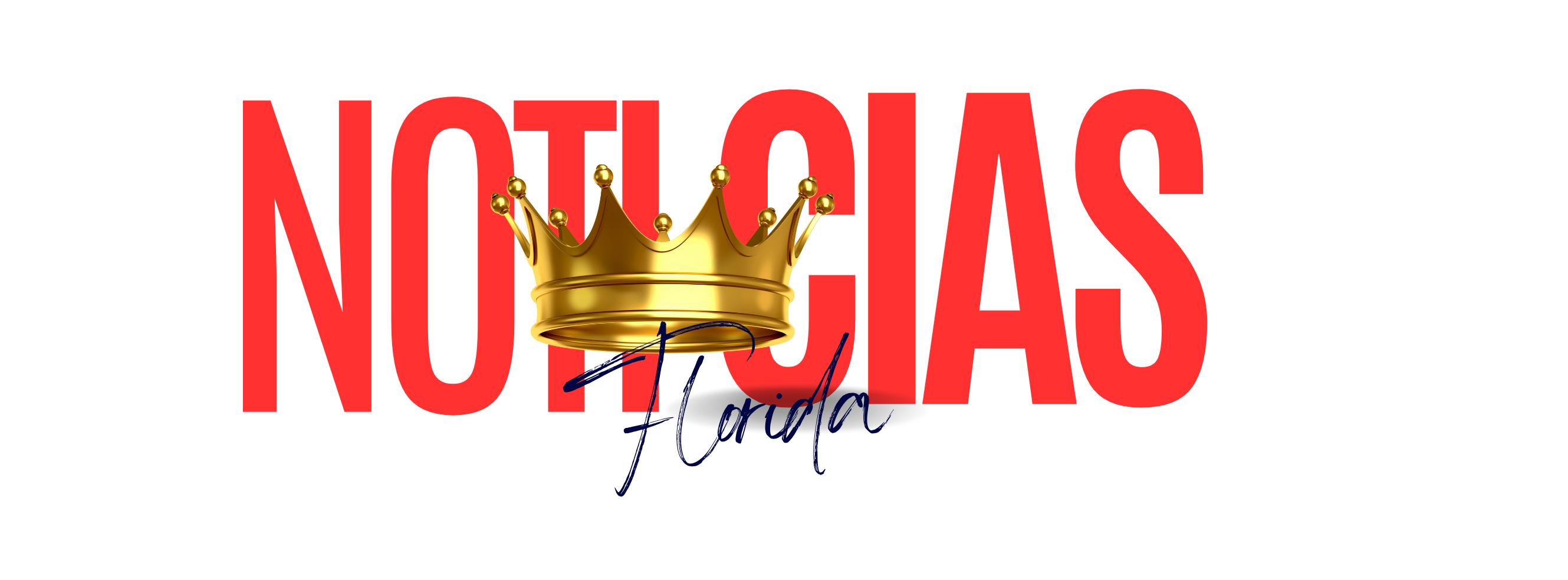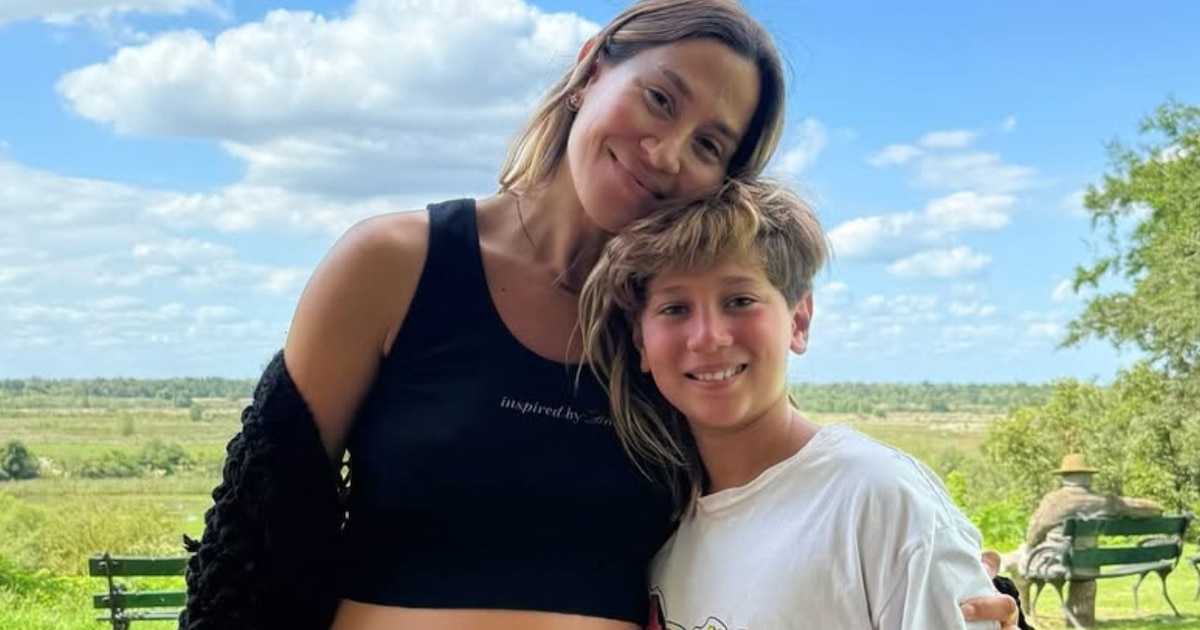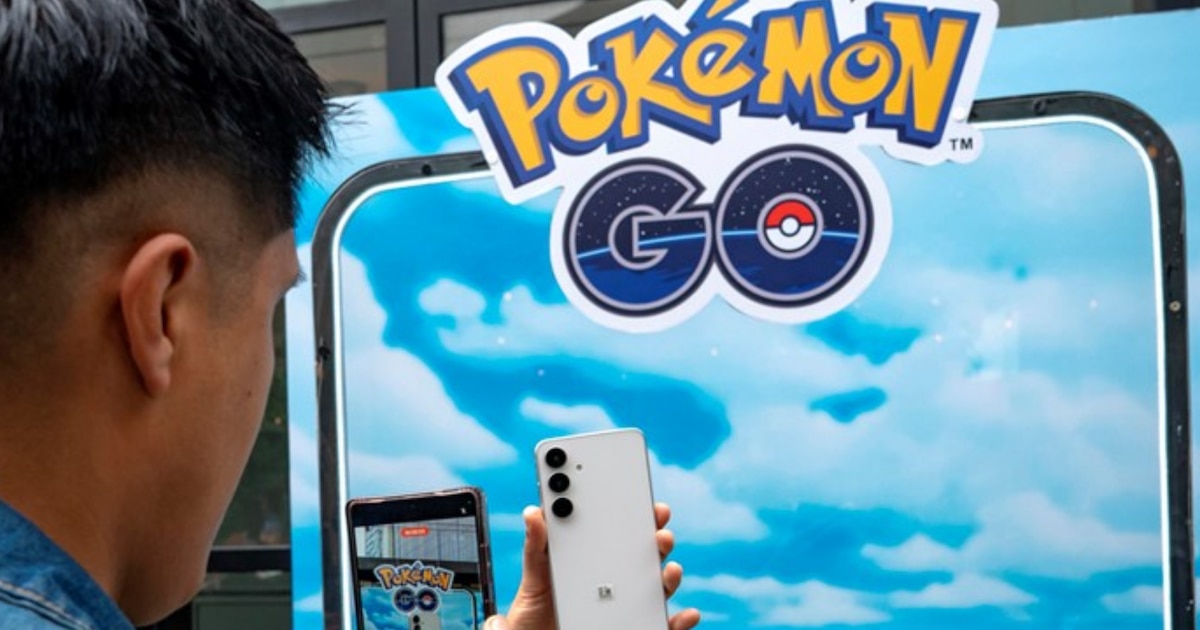The NCAA banned three Division I college basketball players by permanently revoking their eligibility on Wednesday, saying they had bet on their own games at Fresno State and San Jose State and were able to share thousands of dollars in payouts.
The NCAA Committee on Infractions released findings from an enforcement investigation that uncovered violations by Mykell Robinson, Steven Vasquez and Jalen Weaver. The NCAA said the three bet on one another’s games and/or provided information that enabled others to do so during the 2024-25 regular season, and that two of them manipulated their performances to ensure certain bets were won.
The schools did not immediately respond to a request for comment. The former players could not immediately be located by The Associated Press.
According to the NCAA, Robinson and Vasquez had been roommates at Fresno State during the 2023-24 season. In January 2025, Robinson, who was still at Fresno State, and Vasquez, then at San Jose State — discussed over text message that Robinson planned to underperform in several statistical categories during one regular-season game. Robinson also placed multiple bets on Weaver, his teammate at Fresno State in 2024-25, the NCAA found.
During one game, Robinson, Vasquez and a third party bet a combined $2,200 on Robinson to underperform, and a $15,950 payout was redistributed among those who had bet, the NCAA said.
During that same season, Robinson placed 13 daily fantasy sports over-line and under-line prop bets totaling $454 on parlays that included his own performance. He collected $618 on one occasion.
Robinson placed multiple bets on Weaver, including two bets placed before a game in late December 2024 after he and Weaver exchanged information about their respective betting lines, the NCAA said. Weaver also placed a $50 prop bet on a parlay for himself, Robinson and a third athlete, and he won $260.
Vasquez and Robinson failed to cooperate with the enforcement staff’s investigation, the NCAA said. Weaver cooperated and agreed to the violation in his case.
All three were released from their respective teams and are no longer enrolled at their previous schools. Neither school was punished.
The growth of legalized gambling across the United States has raised concerns for college sports leaders and there have been scattered allegations, including some earlier this year, against programs involving betting.
The NCAA in June said that “several sports betting-related violations by staff members at NCAA schools” have been resolved in recent years and noted its enforcement staff was working on issuing notices of allegations in several ongoing gambling cases.
“The enforcement staff’s sports betting-related caseload has significantly increased in recent years, and our staff — including our new sports betting integrity unit — has been effective in detecting and pursuing violations,” Jon Duncan, NCAA vice president of enforcement, said then.
The nation’s largest college sports organization, overseeing some 500,000 athletes, also said it was considering a proposal that would allow athletes and staff members to bet on professional sports and shift enforcement efforts to college sports betting and “behaviors that directly impact game integrity.” The Division I Council introduced the proposal that will be considered this fall and be implemented if Divisions II and III officials also approve.
Current NCAA rules do not allow athletes or institutional staff to engage in sports betting for any sports that have NCAA championships; bets by an athlete on their own team or own sport risks a lifetime ban from college athletics. Those rules would not change under the pending proposal.
___
Get poll alerts and updates on the AP Top 25 throughout the season. Sign up here and here (AP mobile app). AP college basketball: https://apnews.com/hub/ap-top-25-college-basketball-poll and https://apnews.com/hub/college-basketball
 hace 4 meses
43
hace 4 meses
43






 English (US) ·
English (US) ·  Spanish (ES) ·
Spanish (ES) ·